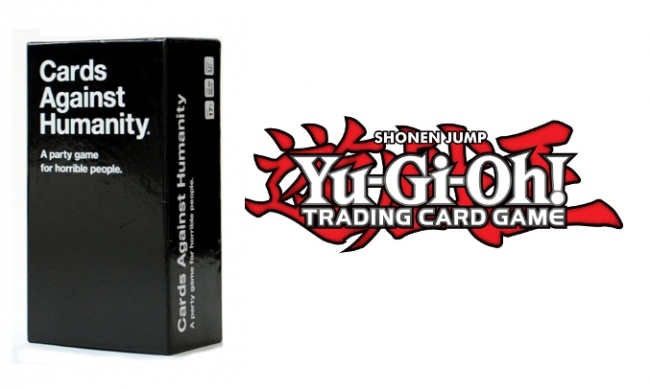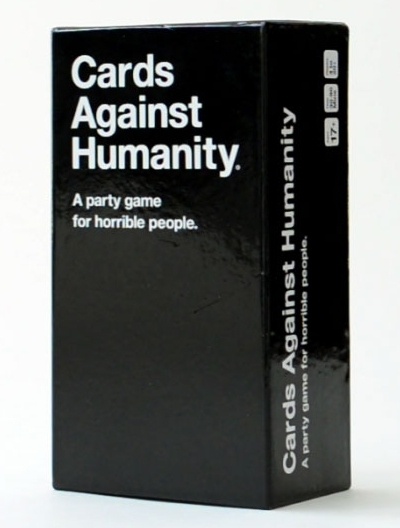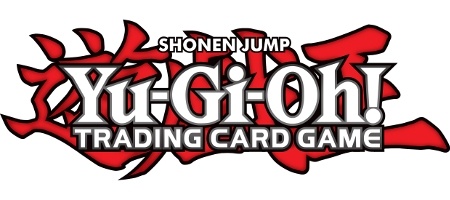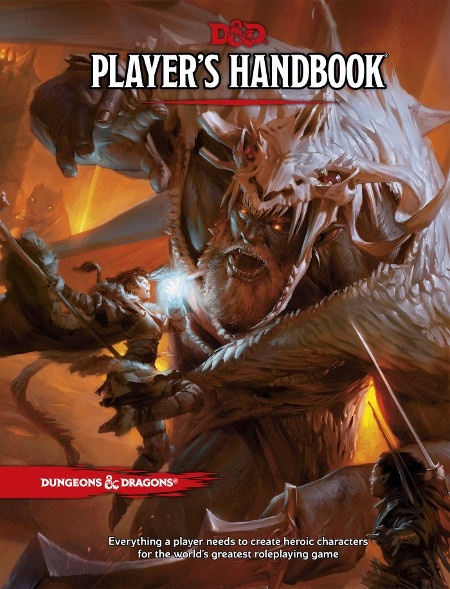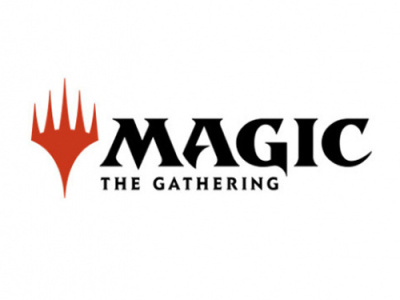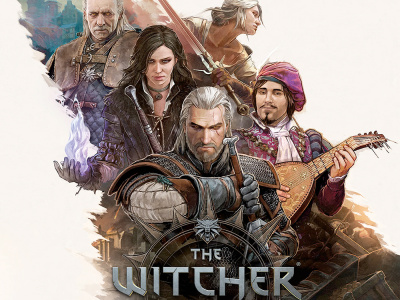Rolling for Initiative is a weekly column by Scott Thorne, PhD, owner of Castle Perilous Games & Books in Carbondale, Illinois and instructor in marketing at Southeast Missouri State University. This week, Thorne talks about the philosophy of the store, and how it affects three product lines.
I appreciated Dan Barnett’s letter last week (it's always nice to know someone is reading my musings) (see "Dan Barnett of Walt's Cards on 'YGO' Joint Event Scheduling") and I see his point. If we had a younger Yu-Gi-Oh! crowd or younger players had come in with their older siblings to learn to play while the older sibling participated in the Sneak Peek, having a complementary event for the younger group works well. In our case, since we had just one staffer dedicated for Yu-Gi-Oh! during the Sneak Peek/Demo Day, it meant he could not give full attention to either group, but I could see where it would work well for others. I still recommend separating the two.
This brings me to a larger point, one I always try (and often fail) to keep in mind when writing a column: Every store is different. No store has the same product mix, target market or philosophy of business so what works in one store will not work in another.
Take Yu-Gi-Oh!. Several stores with which I have spoken dropped in-store play for Yu-Gi-Oh! due to problems with theft amongst players as well as well as cleaning up after them. Sales of Yu-Gi-Oh! there weren't worth the hassle of dealing with in-store play. On the other hand, other stores either are willing to put up with the difficulty of dealing with in-store play or have lowered the "ban-hammer" on players to get them to straighten up. (Of course, there are many stores that have no problems with Yu-Gi-Oh! players at all, but as a group, they are the ones stores consistently report having difficulty with).
Take role playing games. Save for the big two, Dungeons & Dragons and Pathfinder, RPGs sell very slowly at most stores. The ones that do well with them put quite a bit of work into the category, making sure the staff is familiar with them, stocking a wide selection, running regular demos and encouraging in-store play. It pays off for them. Other stores, however, look at the amount of work it takes to generate strong sales in the line and prefer to focus their efforts on other product categories. Once again, philosophy of the store influencing product mix and, through that, the target market.
In a mass market or chain store there is one overriding store philosophy directing the decision(s) to add an item or items to the product mix. If you go into a Fatburger or Barnes & Noble, you will find the same offerings, no matter what store. Due to the diffusion of the retail side of the game industry, not so here.
The opinions expressed in this column are solely those of the writer, and do not necessarily reflect the views of the editorial staff of ICv2.com.



